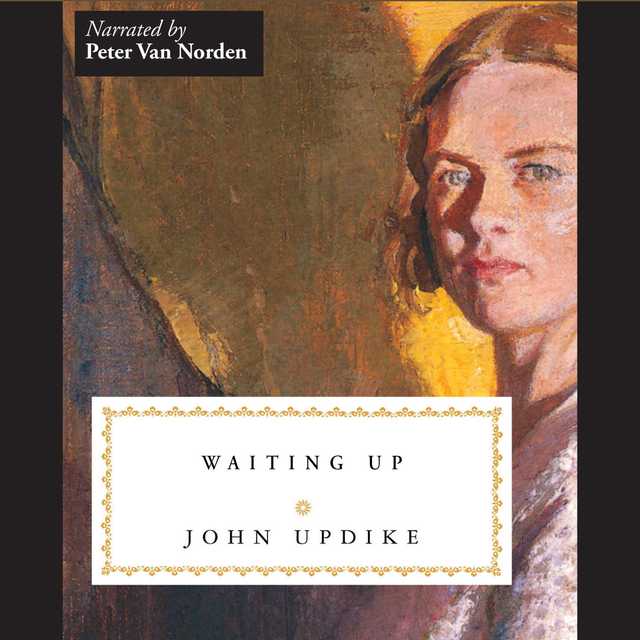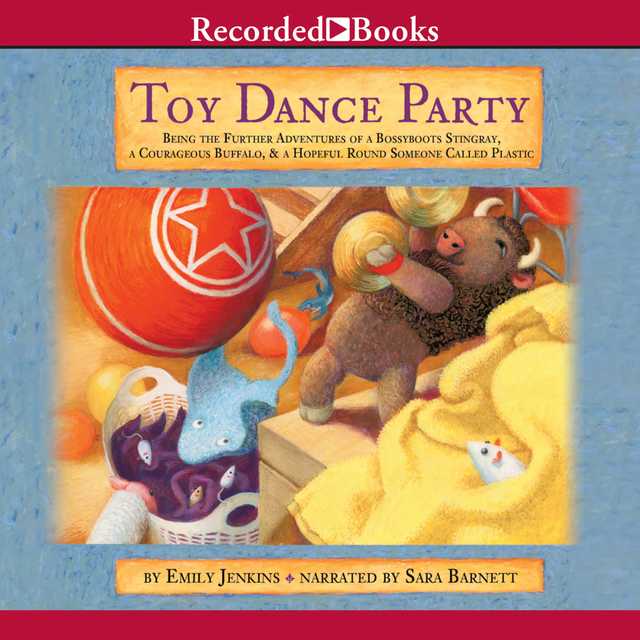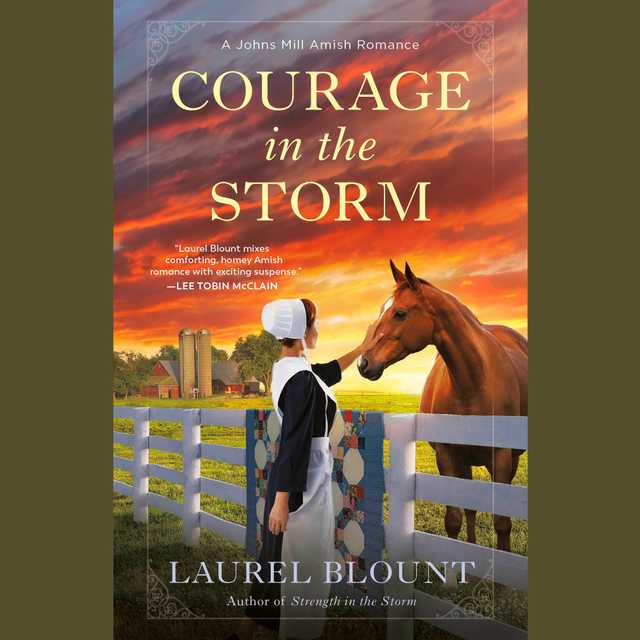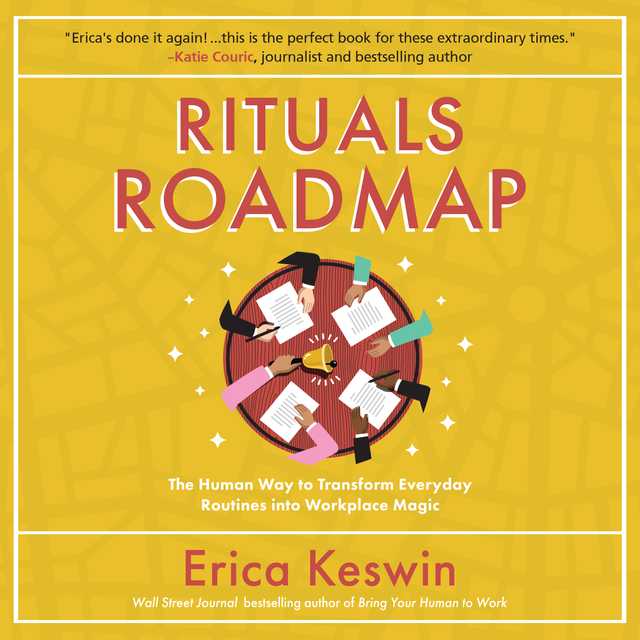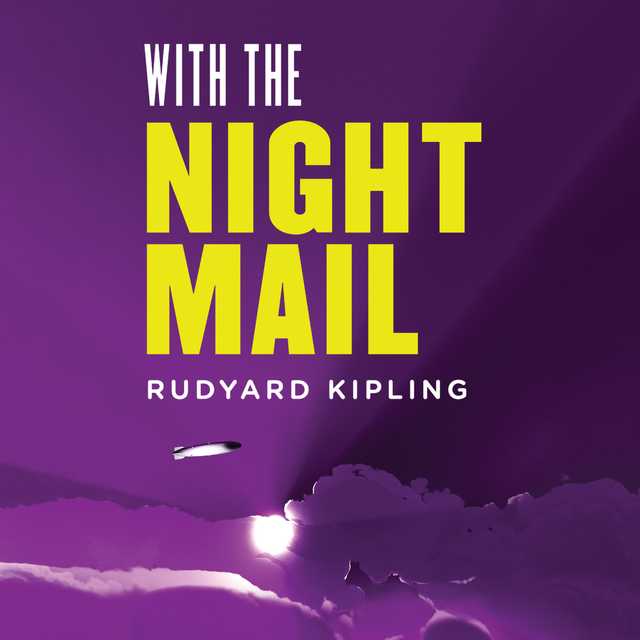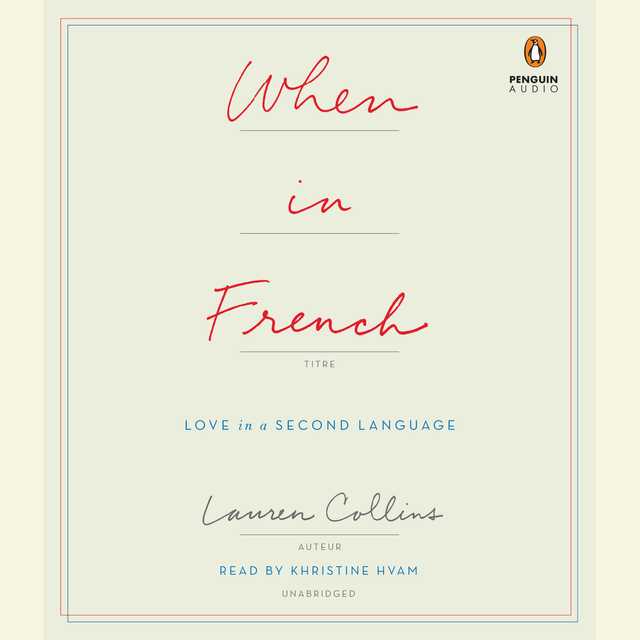Little Gods Audiobook Summary
“Expands the future of the immigrant novel.” – Gish Jen, New York Times Book Review
“Spectacular and emotionally polyphonic…That Jin has managed to craft such an intimate, emotionally complex story is an awesome achievement. That she managed to do it in her debut novel, doubly so.” – Omar El Akkad, BookPage (starred review)
On the night of June Fourth, a woman gives birth in a Beijing hospital alone. Thus begins the unraveling of Su Lan, a brilliant physicist who until this moment has successfully erased her past, fighting what she calls the mind’s arrow of time.
Seventeen years later, Su Lan’s daughter, Liya, brings her mother’s ashes to China, along with the silences and contradictions of Su Lan’s life. In a territory inhabited by the ghosts of the living and the dead, Liya’s memories are joined by those of two others: Zhu Wen, the woman last to know Su Lan before she left China, and Yongzong, the father Liya has never known. In this way a portrait of Su Lan emerges: an ambitious scientist, an ambivalent mother, and a woman whose relationship to her own history shapes and ultimately unmakes Liya’s own sense of displacement.
A story of migrations literal and emotional, spanning time, space and class, Little Gods is a sharp yet expansive exploration of the aftermath of unfulfilled dreams, an immigrant story in negative that grapples with our tenuous connections to memory, history, and self.
Other Top Audiobooks
Little Gods Audiobook Narrator
Karen Huie is the narrator of Little Gods audiobook that was written by Meng Jin
Meng Jin was born in Shanghai and lives in San Francisco. A Kundiman Fellow, she is a graduate of Harvard and Hunter College. Little Gods is her first novel.
About the Author(s) of Little Gods
Meng Jin is the author of Little Gods
More From the Same
- Author : Meng Jin
- Self-Portrait with Ghost
- Publisher : HarperAudio
- Abraham
- American Gods [TV Tie-In]
- Dead Ringer
- House of Sand and Fog
- Prey
Little Gods Full Details
| Narrator | Karen Huie |
| Length | 9 hours 31 minutes |
| Author | Meng Jin |
| Category | |
| Publisher | HarperAudio |
| Release date | January 14, 2020 |
| ISBN | 9780062988348 |
Subjects
The publisher of the Little Gods is HarperAudio. includes the following subjects: The BISAC Subject Code is Asian American, Fiction
Additional info
The publisher of the Little Gods is HarperAudio. The imprint is HarperAudio. It is supplied by HarperAudio. The ISBN-13 is 9780062988348.
Global Availability
This book is only available in the United States.
Goodreads Reviews
JimZ
March 06, 2020
Overall I liked this book a lot. This is Meng Jin’s debut novel, so I hope there is more of writing to come in the future.You can get a synopsis of the book from Goodreads…the one thing that I liked was her description of certain concepts of physics. The passage of time we normally think of as moving one way and she discussed through physics that is not necessarily so. She did not use high-faluting terms so as to discombobulate the reader who does not have a degree in physics. The layout of the novel is first-person narrative of different protagonists with one protagonist having one chapter and another protagonist having a different chapter. It for the most part works out well. What I also liked the character of Su Lan, pretty much the main protagonist of the book. I expected her at a certain point in the book to act in a certain way, and she did not…I was thrown for a loop (like, who I did not see that coming!), but the way Meng Jim wove the story plot it made a great deal of sense. I would say in the first third of the book I was enthralled and relishing every word practically….the rest of the book was very good indeed…it’s just that I thought the first sections of the book were stellar.Here are some passages of the book that grabbed me:• After enrolling in and dropping out of a number of universities she finally gave up trying to earn a PhD. Academia was too stiff, she said, too invested in it sown accolades, too worshipful of tradition. Especially in science, which was supposed to be a revolutionary field, all ambitions had been drained; the only new ideas that could be accepted were specialized to the point of losing significance. What she was offering would be a paradigm shift, it would require entire textbooks to be rewritten. (told by Liya, Su Lan's daughter) JimZ: so what grabbed me about this passage was the term “paradigm shift.” There is a classic book written for folks who are interested in science but are not necessarily scientists about paradigm shifts: Thomas Kuhn wrote it in 1962, The Structure of Scientific Revolutions (University of Chicago Press). We have to remember that there are few certitudes in science…a theory can be over-turned and long-held beliefs can be stood on their head. But it is hard to do, given scientists who adhere to the theories and beliefs can stake their livelihood and their careers on such, and it can be their stubbornness which can prevent fresh and new ways of looking at things to be seriously entertained (that might threaten their theories and beliefs, and with that, their careers and livelihoods). • Modern courtship was silly, whimsical, almost certainly to yield disappointment. It was simpler to treat a spouse as you did your own body: something given. If you were lucky you could learn to love it. If you could not, you lived with it. (told by Zhu Wen, Su Lan's neighbor who babysat Liya)• After eight and a half months of pregnancy, I still couldn’t understand. She had not wanted a child. She had not wanted to leave behind any part of her biology, to perpetuate herself into the future. A perfect life, she’d said, is lived, and then it disappears. (told by YongZong, Su Lan's husband)• In the universe, there exist objects that cannot be seen or have not been seen - black holes, undiscovered planets, massive presences of gravity that assure us of their existence simply by the way they affect the behavior of nearby lesser objects. This, according to my mother, was the measure of an object: something that exerts substantial influence over others in its field, drawing continually toward itself, even if ever so lightly. In some ways, this evidence of effects is more necessary than sight. An image alone could be merely a hologram, a vision. No, scientifically speaking, seeing or not seeing is not equivalent to making be or not be, Rather it is the inevitable attraction and movement of that which surrounds a mass that secures its position among real things. (told by Liya, Su Lan's daughter)Here are some reviews:https://www.npr.org/2020/01/18/797057... (good review!)https://www.nytimes.com/2020/01/14/bo... (a review by Gish Jen)https://www.csmonitor.com/Books/2020/...
Briana
February 01, 2020
I enjoyed the heck out of this novel, Little Gods by Meng Jin. This was one of my most anticipated reads of 2020 and I wasn’t disappointed. I’m a little upset that the initial reactions on Goodreads are mixed but it seems to be raving in most literary circles which is good—I hope that doesn’t seem pretentious. Little Gods is one of my favorite parts about contemporary literary fiction. Jin’s writing style is experimental and she plays with different narratives, formats, and sentence structures. When I found out that this is a debut novel I was surprised because this gives me major Haruki Murakami vibes who is a titan in literature. Me being a fan of Haruki Murakami’s mysterious, intricate, and complex plots and writing style certainly helped with reading this.Little Gods is a different kind of immigration story. The star of the book is a woman named Su Lan, a woman running from her past. On the surface she is put together and cultivated her life in a way where she hopes to change her future. Su Lan doesn’t get her own POV, it is instead told in a nonlinear format from three other POVs. It’s not a complicated as it sounds—each POV character has two parts with a prologue (called the end) and epilogue (called the beginning). The story is beautiful, poignant, and it pulled me in from the very first pages. There is heavy emphasis on the Cultural Revolution in China as well as the 1989 Tiananmen protests that ended on June 4, 1989 in Beijing. I recommend reading up on Chinese history around that time period or else you’ll be lost. Now, on to the point of view characters.Zhu Wen was Su Lan’s neighbor in a Shanghai longtang for three years and was the last person she corresponded with before moving to the United States with her infant child. Zhu Wen is deformed and lonely since the death of her blind husband years ago. She meets Su Lan when she is a young, stylish married woman and takes care of Su Lan’s daughter while away. They’re not necessarily friends, they know virtually nothing about each other’s lives, but I was interested in learning more about Zhu Wen and her husband. Zhu Wen introduces the concepts of ghosts, religion, and myths set against Su Lan being a physicist. When Su Lan returns from Beijing with a baby, she is without her husband, but Zhu Wen doesn’t ask about him.Yongzong was Su Lan’s husband. At first, it was hard to get interested in him and his backstory because he ends up leaving Su Lan even though she is pregnant. He becomes disinterested in her and he is a morally gray character with a cruel streak. He cares about what people can do for him and he has a more deserving friend named Zhang Bo or Bo Cai who loves Su Lan. Yongzong pursues her anyway while knowing this only to drift apart from her and his child that he didn’t even see born. He’s living a completely different life now. It was nice to see their courting and I tore through the pages to figure out what made him ditch her.Liya is Su Lan’s daughter who was raised believing her mother’s lies. She is documented in the United States as being born in 1988 in Shanghai instead of her true birth in 1989 in Beijing. After her mother dies unexpectedly, she comes across a box of letters, photographs, and other clues to Su Lan’s past. She starts to investigate and goes back to China to chase ghosts of her own. She always had a complex relationship with her mother and at times she didn’t even feel like she was loved.Through these perspectives we see that Su Lan is a complicated person. I was impressed at how the interpretations of her character were so different, but they made her a three-dimensional character. This novel is a bit more character driven, the plot is simple but the character development and encounters with Su Lan makes it a layered novel. It’s short but packs a lot of punch. There as aspects of this that verge on magical realism and everything is so strange and mysterious like a dream. These characters are sticking to me in a good way and I think the novel ends in a way that makes me thirst for more. There are a lot of story threads that are open for interpretation and by the end I was just blown away. This is a debut novel and my expectations for what comes next are high.I think this is perfect for those interested in East Asian history, culture, and literature as well as fans of Haruki Murakami.
Elle
February 10, 2020
With rich, attentive writing Meng Jin transports us through both time and territory to late 20th century China in a novel about the complexities of long-lost family ties. Told as a series of stories about a mother to her daughter, from the perspectives of her former neighbor and classmate, we follow Liya as she tries to uncover who her mother really was. The neighbor, Zhu Wen, lived next door to Liya and her mother, Su Lan, when they lived in Shanghai. Her classmate, Yongzong, was an academic rival of Su Lan’s as teenagers who knew her well into young adulthood. Both of these people had complicated relationships with Liya’s mother and ended up being more formative in one another’s lives than any of them could have imagined. There’s not a lot of storyline to give away; most of the narrative is in the past tense being recounted by one person to another. The biggest plot points take place during the Tiananmen Square demonstrations, and the student-led democracy protests act as a backdrop to the events of the book. This works well with the family conflicts surrounding Liya and Su Lan, but also are significant moments in China’s history that the state refuses to acknowledge today. The portions I found the most difficult to get through concerned Yongzong and whatever bullshit he was doing. It’s becoming harder and harder for me to empathize with emotional, mediocre men who blame and use women to cover up their own failings. The fact that so much was familiar in him just highlights how common it is for women to pander to the petty whims of supposed “good” men. I’ll admit to skimming parts of his explanations.I liked this book a lot overall, especially Jin’s writing. I’m a sucker for a good roving perspective, so this was right up my alley. It’s not a fast-paced book, and I can see how some readers might not appreciate the meandering storytelling the author prefers here. I can’t give this higher than four stars, even though there’s not anything wrong, per say. Just a bit slow and not a lot actually, well, happens. The ending is pretty bleak, too. The final chapter, entitled ‘The Beginning’, is an unnecessary point to finish on; I’d recommend skipping it. But Meng Jin writes lovely, the cover is gorgeous and I’d definitely want to read more from her.
Melissa
November 01, 2021
What an impressive novel! I was sucked right in from the beautiful language on page one, and the book never lost the spell it cast on me, with its portrayal of fantastically flawed and complex characters and its realistic depiction of a strained mother-daughter relationship. Most impressive (to my science-appreciative mind) was the way the author used physics as a metaphor for the journeys of the main characters. [Let’s be clear: I hated physics as a student, and preferred other sciences – biology, geology – but I don’t think you need to fully ‘get’ the physics!] You simply need to know that the character around whom all other characters gravitate, Su Lan, is a brilliant physicist obsessed with reversing the second law of thermodynamics, as doing so might allow for predictions of the future and, more importantly, it might have the power to wipe out the past.We know, from the outset, Su Lan is running from her past. Her story is not revealed through her own voice; it is revealed by others in her life (another fascinating stylistic choice), and yet we get to know her intimately. (Ash’s review does a great job of explaining this technique). Language plays a role in this book, not only in the construction of exquisite sentences, but also in its power to shed understanding and to produce harm. Such mesmerizing writing: She cannot stop looking at the woman’s blank face, at the mouth moving—the lips shaping, the wet tongue swelling, the slivers of teeth emerging and disappearing.After the letter Su Lan reverted to a near-mechanical state, becoming a collection of human components that did not quite add up to a person. The cost of seeing into the future, however, was that we would lose our memory of the past, and with it, any explanation of how we arrived at our present state.And he had a personality that ran at you like a bull, charging into the classroom and commanding all attention. His steps seemed to shake the ground. His lowest decibel was a throaty shout.That was how it was: I wanted desperately to leave her and break her heart, but her heart would not be broken, so I came back, tried to make her love me, tried leaving again. Now I couldn’t break her heart if I wanted to. Instead, again, finally, she had broken mine.Her voice didn’t just get loud. It assumed a nasal, forward quality that can only be described as violent. The sound was physical, meant to be used as a weapon, and though I could not understand what she was saying her voice itself hurt me, it slapped me across my face.I generally am not a fan of first-person narrative (while the beginning chapters are written in third, the remainder is in first), nor of books without quotation marks. But neither was an issue, and both were masterfully done. This book worked for me on so many levels.On its surface, this is a story about a mother and daughter, a husband and wife – a story about friends and acquaintances – but it’s also a commentary on life and death and rebirth, ambition, reinvention, longing. Chinese history and politics (Tiananmen Square) are gently woven into the story, serving as another interesting backdrop.I look forward to the author’s future work, because Little Gods was stunning. This is the kind of book I’d like to pick back up to see what other thematic kernels and clues I might have missed upon the first read. Lots of literary goodies in this one.
Chris
January 14, 2020
Meng Jin’s debut novel, Little Gods, is such a gorgeously constructed story. It’s built on a sturdy frame, decorated beautifully, but it will have some readers scratching their heads saying, but what is it? What does it mean? And that is to say that it is mysterious, clever, thought-provoking, and may leave you with several questions.Su Lan is a brilliant physicist with an eye always to the future. Liya is gifted with language and searches for answers about her mother’s past. That’s all you need to know about this novel. It is the marriage of science and language, the meeting of past and future. And though this novel featured less hard science than I’d expected up until the final moments, it never ceased to be intelligent. Equally, the lush language and the perfectly joined story elements came together into a story was that altogether very moving.Little Gods is a poetic and intellectual debut that may have a little trouble finding its audience. It’s one for those who don’t mind having to put some thought into their read, but who also hope to experience emotion. Personally, I’d recommend it to readers of Light from Other Stars and Asymmetry.Thanks to HarperCollins for providing an advanced copy through Goodreads Giveaways.
Rachel
February 07, 2022
(Did I read and review this two years ago and forget to cross-post my review to Goodreads? Perhaps...)Little Gods, Meng Jin’s intricate, emotionally intelligent debut, opens with a scene in which physicist Su Lan gives birth in Beijing in 1989. Through the eyes of a nurse working the night shift, we learn that inside the hospital, Su Lan is abandoned by her husband, while outside, the violence of the June 4th Tiananmen Square Massacre erupts around her. The narrative then skips forward 17 years to Su Lan’s death.The novel unfolds in a non-linear fashion; in the opening chapters we’re introduced to a shadow of the woman that Su Lan becomes—a distant, hardworking single mother—before we delve into the past and begin to reconstruct her character.You can read the rest of my review HERE on BookBrowse, and you can read a piece I wrote about the Tienanmen Square Massacre HERE.
Marjorie
March 08, 2020
Some books deserve more than a 5-star review and this is one of them. Exquisite.
A
January 11, 2020
I do not consider myself to be a highly intelligent person when it comes to theoretical anything, however, I found myself completely drawn in and immersed in this story.Little Gods is a story about a woman running FROM her past, trying recreate herself and by doing so, her own daughter had to travel to her past TO figure out exactly who her mother was. I LOVED the way the story is told from different times throughout the book in the voices of 3 main characters, all of who crossed paths and lost each other along the way.I had to go back and re read the final chapter, but I THINK I fully comprehend what the author was doing, especially in the past few paragraphs.I did not realize that this is the authors first novel, I’m very excited to see what comes next from her!
C
November 10, 2019
Haunting, gorgeous, mysterious in a way that will sit with you
Ryann
October 29, 2019
Reading this novel was like diving into the ocean and being caught in wave after wave of stories that sweep you along for the ride. Su Lan gives birth in Beijing during the Tiananmen Square Massacre. This event serves as a the fulcrum of the story as it plays out both before and after, told through the eyes of the characters that orbit Su Lan's world: her husband, Yongzong, old friend Zhang Bo, daughter Liya and more. This is a compelling read that takes you across a generation in China and each section transports you to a different time and place while also describing unique characters and experiences along the way. Su Lan is a gifted physicist who seeks answers about questions more complex than most can understand. Her experience of growing up poor, brilliant and female in China intersects with Yongzong has the road smoothed for him...if only he'll step up and take what's offered. This is story of mothers, daughters, love, heartbreak, class, immigration and the masks we wear to succeed, to protect and to simply exist. I'd read this again, if only to experience the sensation of trying to grasp the heart of the story that seems to slip away just when I think I have my fingers wrapped around it. This might be both the beauty and the truth of the novel, that we each live in our own version of reality. Who was Su Lan? It depends on who you ask...and who she decided to be for them. Read this if you love a beautiful novel that takes place in a country outside of the United States that makes you think about life, love, and time. (Advanced copy read courtesy of NetGalley. Opinions are my own.)
Lizzie
May 15, 2020
I borrowed Little Gods from my local library on a whim, despite never having heard anything about either this book or the author. Little Gods tells the story of Su Lan, a brilliant physicist, from the perspective of numerous other people in her life, without ever letting the reader hear from the main character directly. Ultimately, Little Gods is entrancing, hard to pin down, and vaguely dream-like, while still remaining firmly grounded in the humanity of the characters.⭐⭐⭐⭐- Really Liked It
Lisa
February 29, 2020
Although it begins in a historically crucial moment, at the massacre at Tiananmen square, the story pivots to meditations on familial connections, motherhood, friendship, marriage and courtship, family origins, belonging, and the non-linear nature of time (quite a few physics lessons!). A paternal mystery drives the central character back to Beijing and Shanghai, as she tries to unravel the story of her mother who appears brilliant, difficult, and hard to understand. Beautifully written!
jasmine
June 06, 2021
Little Gods is character-driven, dream-like and haunting. It’s also slow, non-linear and hard to pin down.The story is told through the lens of 4 characters towards how a woman, Su Lan has impacted their lives: Yongzong (Su Lan’s classmate and best pupil in class), Zhang Bo (Yongzong's best friend), Zhu Wen (Su Lan’s landlady in Shanghai) and Liya (Su Lan’s daughter whom grew up abroad in the US).With Tiananmen Square Massacre in 1989 set as a backdrop, the story explores the relationship between people: husbands and wives, mothers and daughters and friends. As the characters have different perspective towards life, the relationships are always on the tip of an iceberg, which eventually fell apart. Su Lan is an unlikeable woman whom we never really understand. Born in an impoverished family, Su Lan studies hard to enter one of the pioneer universities in China. She despises the form of classism in society and found comfort dwelling in the beauty of physics. Eventually, she fled to the US along with her daughter to escape the social upheaval. On the other hand, Yongzong whom always thirst for new challenges in life, fell in love with the idea of democracy and fight along with the protestors. I felt the concept of playing God applies to both main characters. As the book describes:“Little gods, she thinks. Desperate to turn their own growing bodies, their own aches and despairs, into material that might reset the axes of the world.”Both Su Lan and Yongzong are always running from their past and seeking for a new life. However, history remains, and engulf a huge part of us. Little Gods explores the internal struggles of citizens during/after the cultural revolution and the process of truly finding oneself. Or perhaps, we are all products of society - and never an individual ourselves. I wouldn't say I was consistently drawn into the story. The writing is dense and kinda experimental. However, when all the puzzle pieces slowly fell into place, the ending just killed it with emotions.Rating: 4 stars
Most Popular Audiobooks
Frequently asked questions
Listening to audiobooks not only easy, it is also very convenient. You can listen to audiobooks on almost every device. From your laptop to your smart phone or even a smart speaker like Apple HomePod or even Alexa. Here’s how you can get started listening to audiobooks.
- 1. Download your favorite audiobook app such as Speechify.
- 2. Sign up for an account.
- 3. Browse the library for the best audiobooks and select the first one for free
- 4. Download the audiobook file to your device
- 5. Open the Speechify audiobook app and select the audiobook you want to listen to.
- 6. Adjust the playback speed and other settings to your preference.
- 7. Press play and enjoy!
While you can listen to the bestsellers on almost any device, and preferences may vary, generally smart phones are offer the most convenience factor. You could be working out, grocery shopping, or even watching your dog in the dog park on a Saturday morning.
However, most audiobook apps work across multiple devices so you can pick up that riveting new Stephen King book you started at the dog park, back on your laptop when you get back home.
Speechify is one of the best apps for audiobooks. The pricing structure is the most competitive in the market and the app is easy to use. It features the best sellers and award winning authors. Listen to your favorite books or discover new ones and listen to real voice actors read to you. Getting started is easy, the first book is free.
Research showcasing the brain health benefits of reading on a regular basis is wide-ranging and undeniable. However, research comparing the benefits of reading vs listening is much more sparse. According to professor of psychology and author Dr. Kristen Willeumier, though, there is good reason to believe that the reading experience provided by audiobooks offers many of the same brain benefits as reading a physical book.
Audiobooks are recordings of books that are read aloud by a professional voice actor. The recordings are typically available for purchase and download in digital formats such as MP3, WMA, or AAC. They can also be streamed from online services like Speechify, Audible, AppleBooks, or Spotify.
You simply download the app onto your smart phone, create your account, and in Speechify, you can choose your first book, from our vast library of best-sellers and classics, to read for free.
Audiobooks, like real books can add up over time. Here’s where you can listen to audiobooks for free. Speechify let’s you read your first best seller for free. Apart from that, we have a vast selection of free audiobooks that you can enjoy. Get the same rich experience no matter if the book was free or not.
It depends. Yes, there are free audiobooks and paid audiobooks. Speechify offers a blend of both!
It varies. The easiest way depends on a few things. The app and service you use, which device, and platform. Speechify is the easiest way to listen to audiobooks. Downloading the app is quick. It is not a large app and does not eat up space on your iPhone or Android device.
Listening to audiobooks on your smart phone, with Speechify, is the easiest way to listen to audiobooks.











